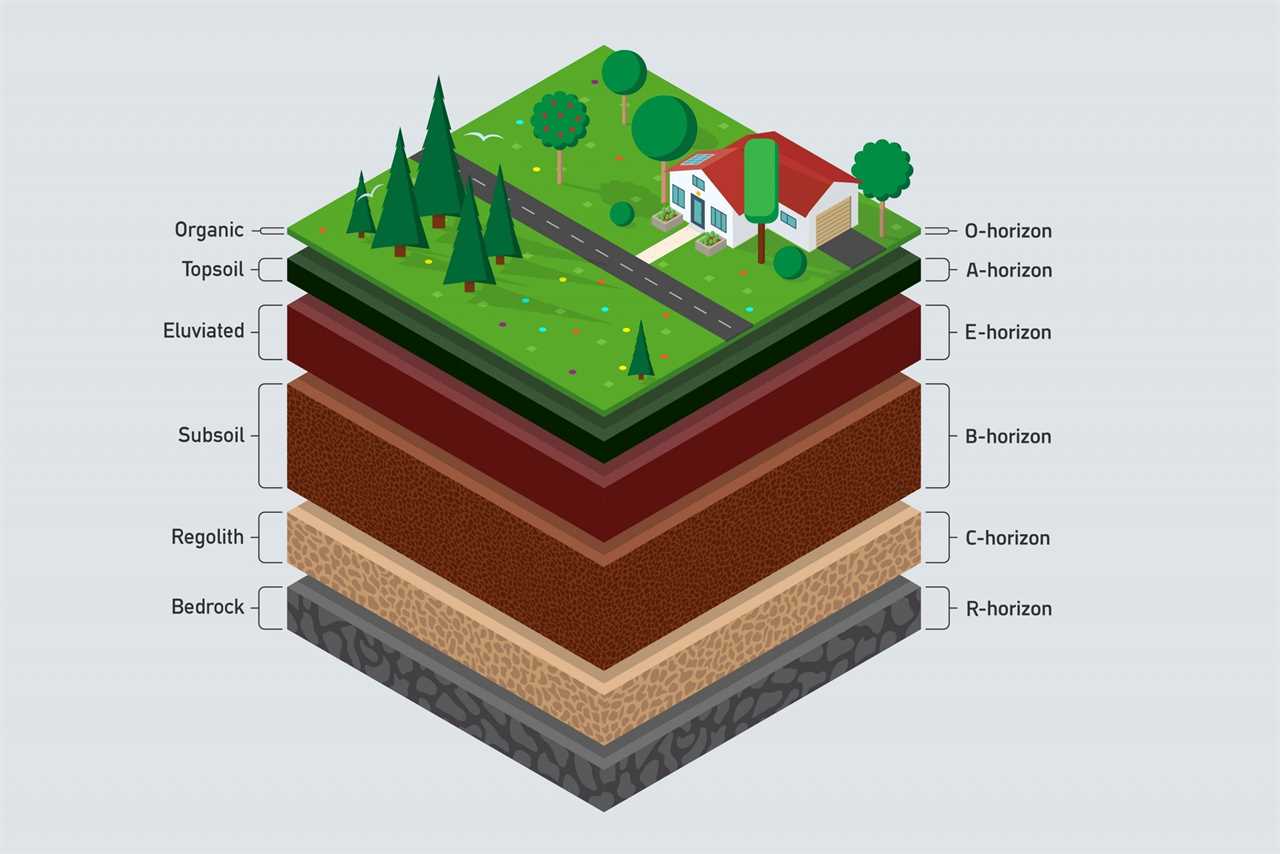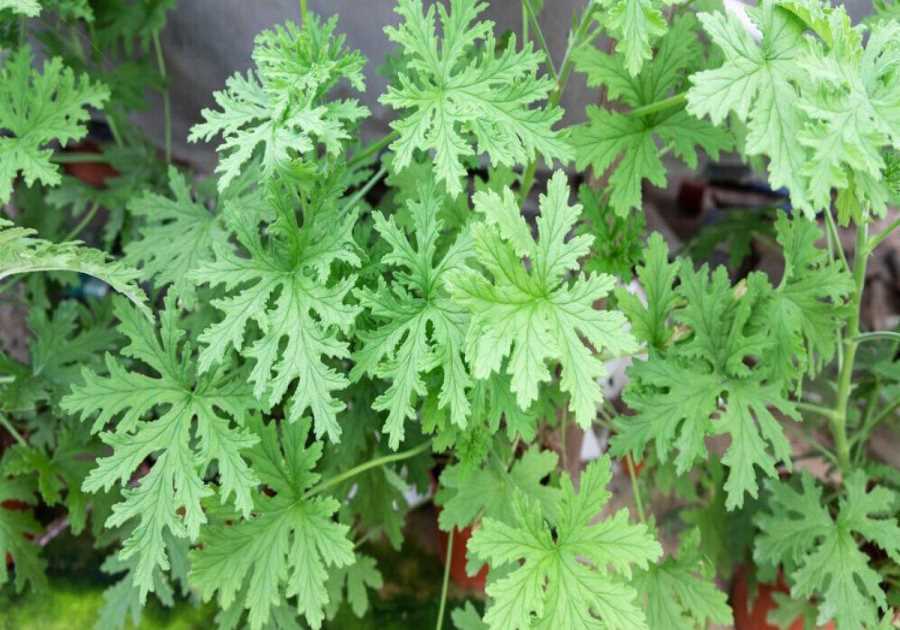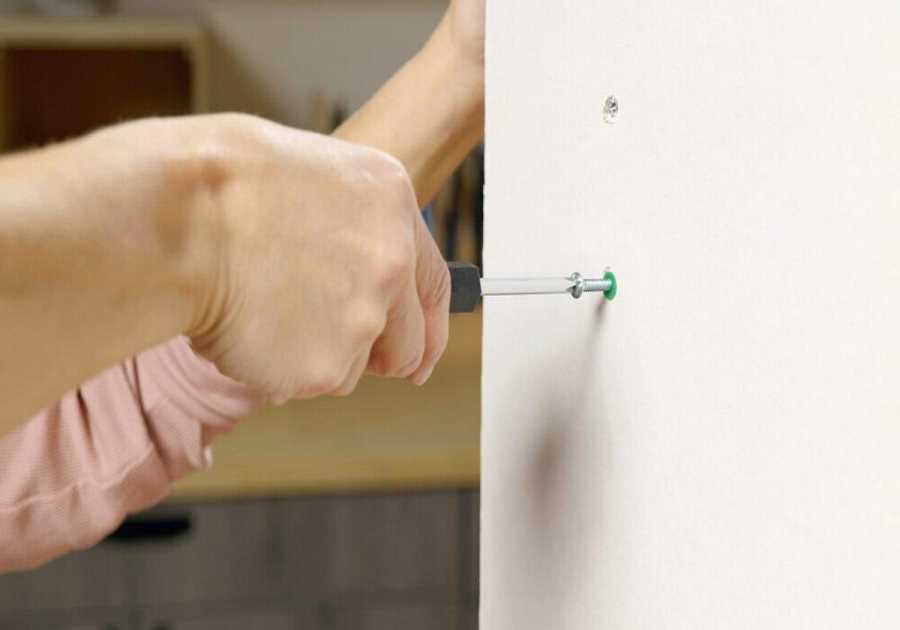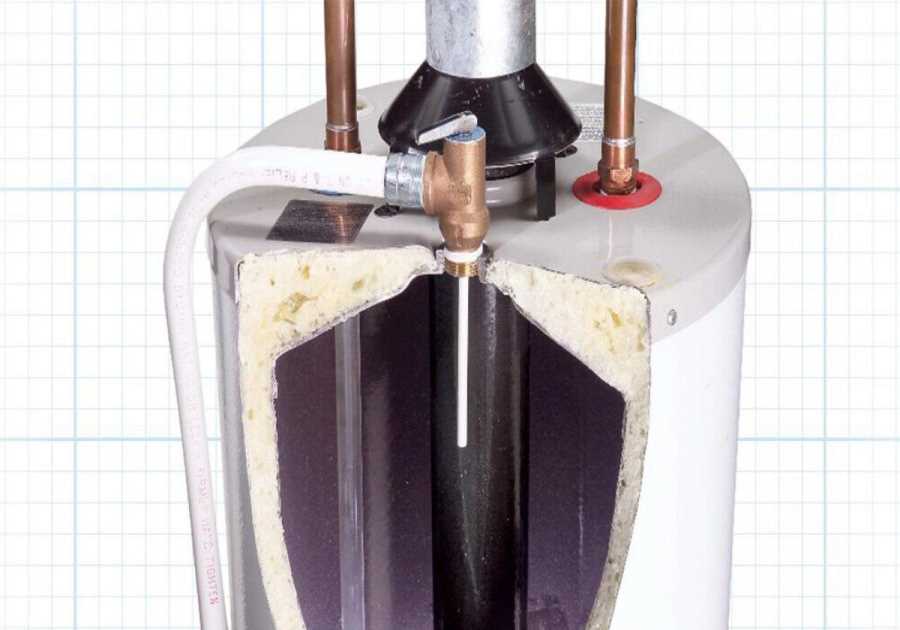
When you’re digging in your garden or yard, you might think you’re just moving around a bunch of dirt. But you’re actually excavating a time capsule of soil layers. These “soil horizons” give clues to your soil’s health, along with the story of how it interacted with the climate, landscape and organisms.
What Are Soil Horizons?
Soil horizons are distinctive horizontal layers formed by biological and chemical processes. They’re often easy to distinguish because of their different colors and textures. Soil horizons are important for garden and lawn health because they reveal the underground biome that cares for our plants, shrubs and trees.
“Without balance and aerobic condition, our soils are nothing more than dirt,” says Kathy Glassey, director of renewable resources for Monster Tree Service. “Nothing grows well in dirt. But when we create balanced ecosystems, our plants can thrive and remain resilient, just as Mother Nature has demonstrated for millions of years.”
What Are the Different Soil Horizons?
Soils are categorized into six horizons, but you might have only a few in your yard. In some places, horizons might repeat, depending on how the soil formed over time.
Knowing the soil horizon profile in the area where you’re planting can help you figure out where to add soil amendments like organic matter, or to loosen up areas dense with clay. The six soil horizons are O, A, E, B, C and R.
O: Organic
The topmost horizon is called the “O” or “OM” horizon, formed from decaying organic matter (humus), leaf litter and other loose ground cover. It’s important because the nutrients here will eventually leach into the soil below. “It becomes a good food source for the soil food web,” says Glassey.
A: Topsoil
Next is the “A” horizon. It’s usually dark, consisting mostly of minerals and humus. Topsoil is where seeds germinate, plants grow and many organisms live. “Many times we find feeder roots within this layer, but roots are capable of going much deeper in soil with good structure,” says Glassey.
E: Eluviated
Usually a lighter color, this layer is made from sand, silt and anything else that can’t be leached out of the soil. It contains few minerals, organic matter or clay. You might not see this one in your yard; it’s more often found in old forests with undisturbed soil.
B: Subsoil
Leached materials from A and E accumulate in this horizon. Some of those materials include clay, iron, calcium carbonate and salts from inorganic fertilizers.
Often during home construction or other excavation, the subsoil ends up on top of the topsoil. When this happens, you’ll need to add organic material to amend the soil structure and nutrients to create a successful garden.
C: Regolith
This horizon is often compacted and rocky, with little organic material. It’s the parent material layer, made from weathered or glaciated bedrock. This horizon won’t affect your garden because roots usually don’t get through it.
R: Bedrock
The last of the soil horizons technically isn’t even soil. Limestone, granite, quartzite, basalt and sandstone typically make up bedrock. Exposed bedrock is exposed starts to weather, and what comes off it creates soil horizon C.
How Important Are Soil Horizons?
Soil horizons are instrumental in good soils but are not the most significant factor for healthy plants.
“More so, it is important that the biology, the soil food web, is performing its various functions to create better soil structure and quality, and enhance the health of our plants overall,” Glassey says. “Tilling soTheyil is the most damaging practice to soil biology and biodiversity, as it kills many organisms living within that diverse ecosystem and upsets the balance.”
Did you miss our previous article...
https://rsssuperfeeds.com/life-hacks/we-tried-it-flo-by-men-smart-water-valve






